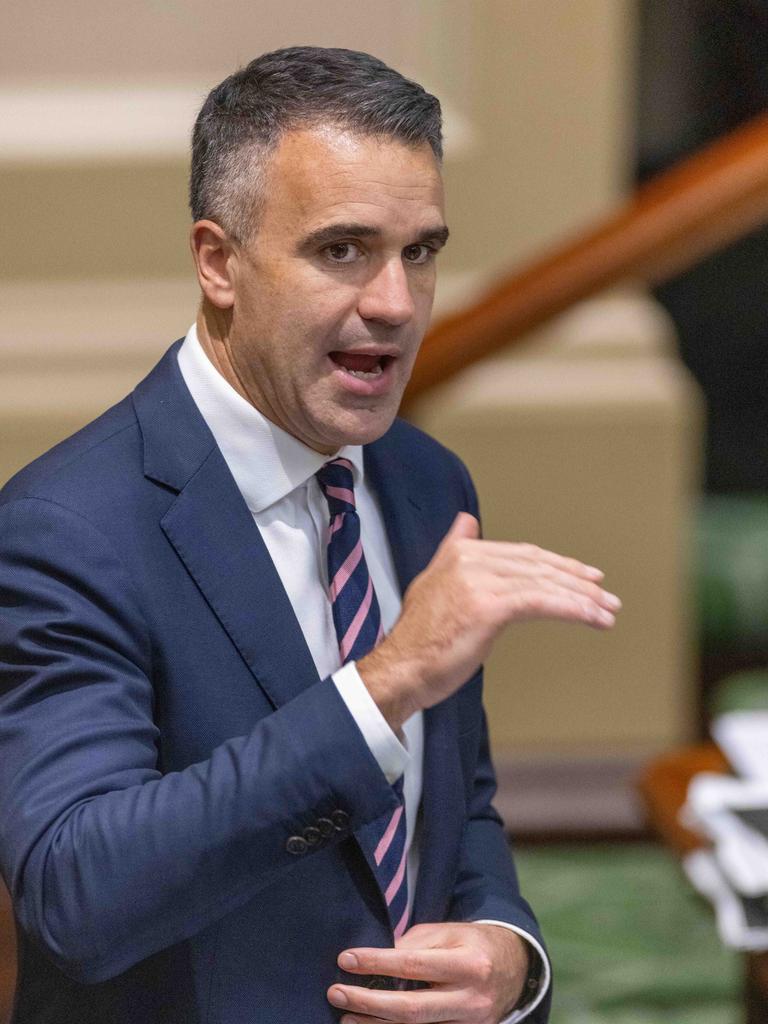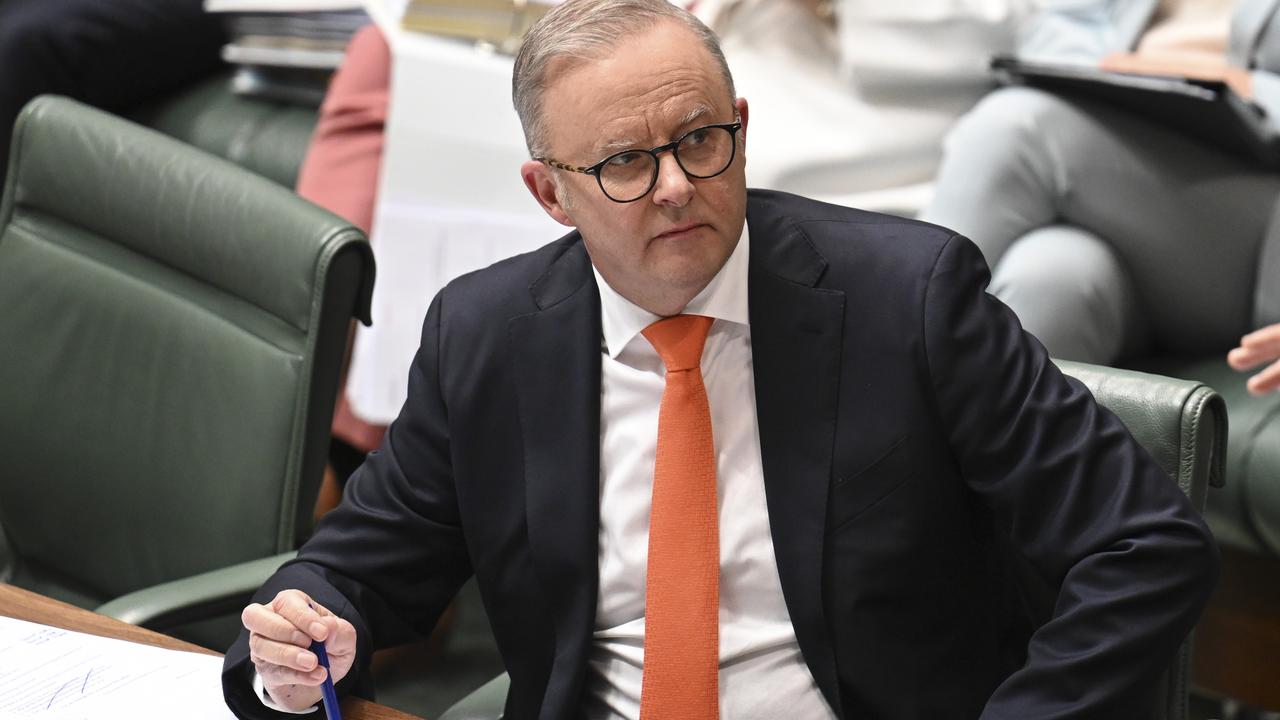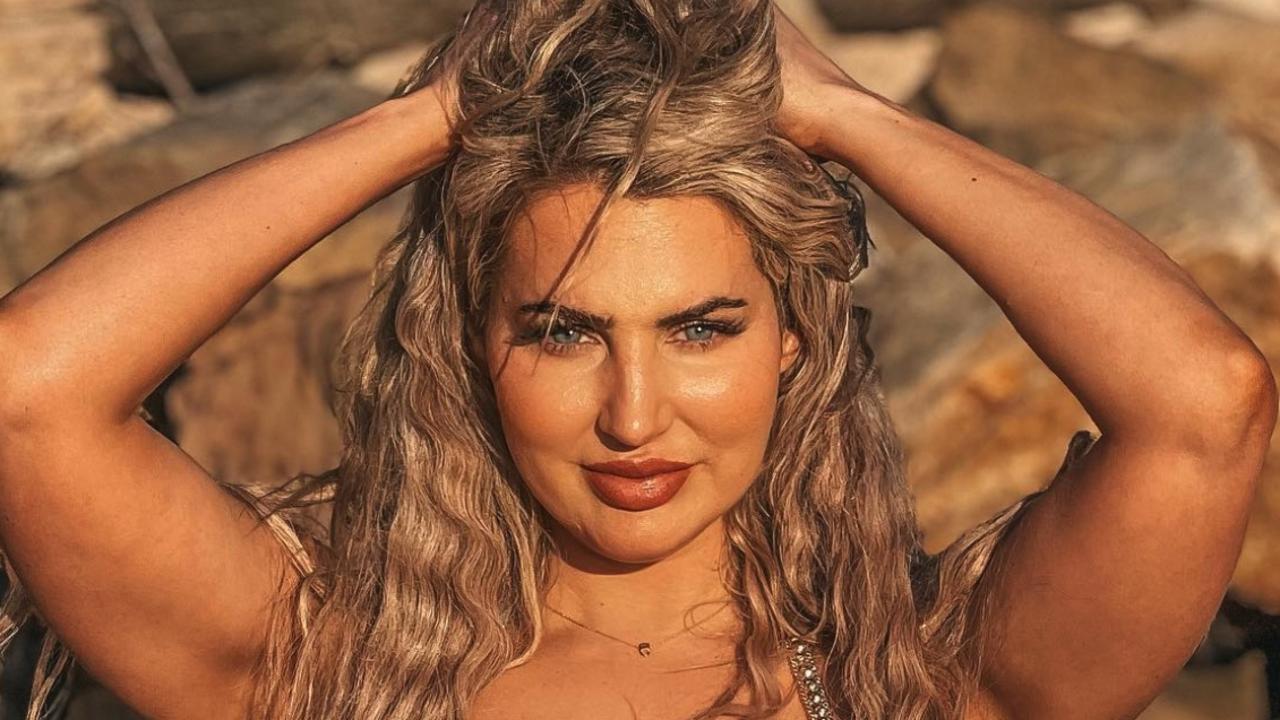Social media companies had their chance to do the right thing by our kids and they failed | Peter Malinauskas
The evidence is now overwhelming, early access to addictive social media is causing our kids harm, writes Premier Peter Malinauskas.
When a product or service hurts children, governments must act.
We don’t let children smoke, we don’t let children drink alcohol and we don’t let children gamble.
And the evidence is now overwhelming, early access to addictive social media is causing our kids harm.
We cannot rely on social media companies to merely do the right thing, they have had that opportunity and frankly, they have failed.
It is time for governments to step in.
That is why earlier this year, I commissioned former Chief Justice of the High Court Robert French to undertake an independent legal examination into how we, as a State Government, could ban social media for children.
This is not a simple task. We need to be prepared for cashed up social media companies to use every legal lever at their disposal to subvert these laws.
Over the weekend, Mr French released his 276-page report, which includes a proposed bill that imposes a positive obligation and duty on social media platforms to prevent access to their services by an individual child within the restricted age ranges.

Social media companies provide this service, and profit healthily from it, so the obligation is rightly on them to ensure they are abiding by the law, in much the same way the obligation is on liquor stores to ensure they are not selling alcohol to minors.
And if social media companies fail to obey the law and provide their service to underage minors, they should expect significant fines – into the millions of dollars.
The proposed model would establish an independent regulator, tasked with monitoring compliance and issuing a range of sanctions to social media platforms for breaches, including substantial fines.
Social media platforms which could demonstrate a positive impact for children, such as school-based platforms, would be able to seek an exemption from the Act.
Mr French makes clear in his report that although the states have the power to legislate, a consistent approach led by the Commonwealth is desirable.
The reality is we are stronger when we work together in a harmonised way.
A national framework is ultimately the best outcome.
To that end, I thank the Prime Minister’s commitment to introduce legislation to ban social media for children at a national level, along with the support of other premiers and chief ministers.
This is a problem that demands swift and decisive leadership, and I thank the Prime Minister for demonstrating it.

The State Government stands ready to work closely with the Commonwealth to implement this ban.
This is a matter which will be discussed further at the Social Media Summit, an initiative of NSW Premier Chris Minns, which will be held next month and jointly hosted by the New South Wales and South Australian governments.
There is one important passage in Mr French’s report that I wish to highlight.
He states: “There will undoubtedly be workarounds by knowledgeable child users. However, the perfect should not be the enemy of the good. One nonlegal beneficial effect of the law may be to arm parents with the proposition that it is the law not them that restricts access to social media for children in South Australia.”
More Coverage
As a father of four young children, this speaks to me.
I know this is an issue which is front of mind for parents, but they are often left tearing their hair out, feeling somewhat helpless against the seemingly insatiable march of social media into their children’s lives.
I hope this law, once in place, will arm parents with the additional power they need to help protect their children from the harms of social media.
Originally published as Social media companies had their chance to do the right thing by our kids and they failed | Peter Malinauskas






